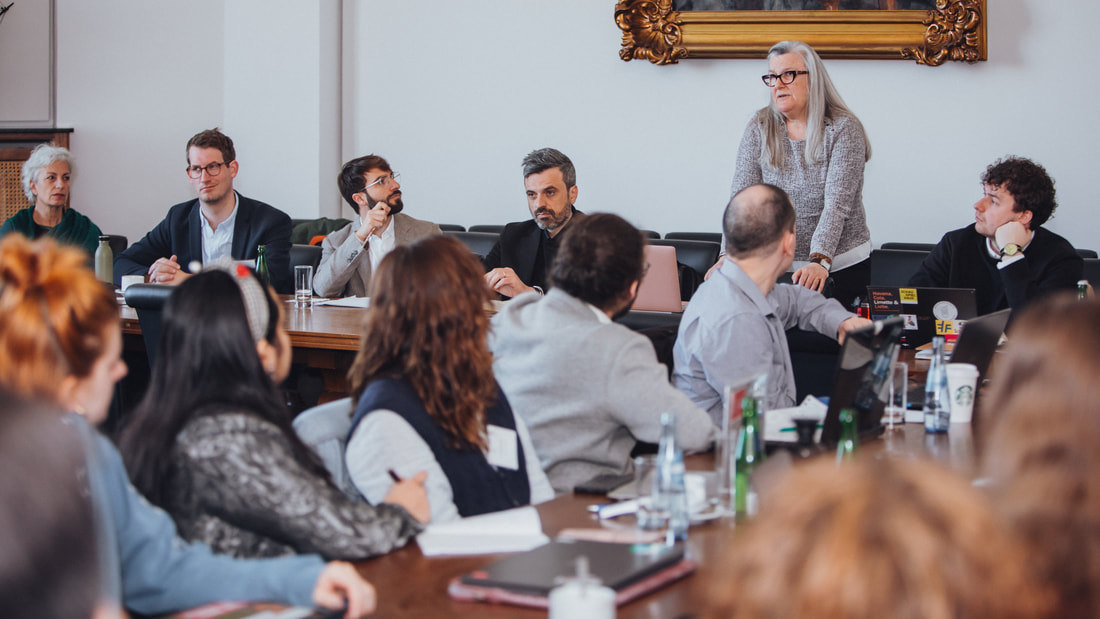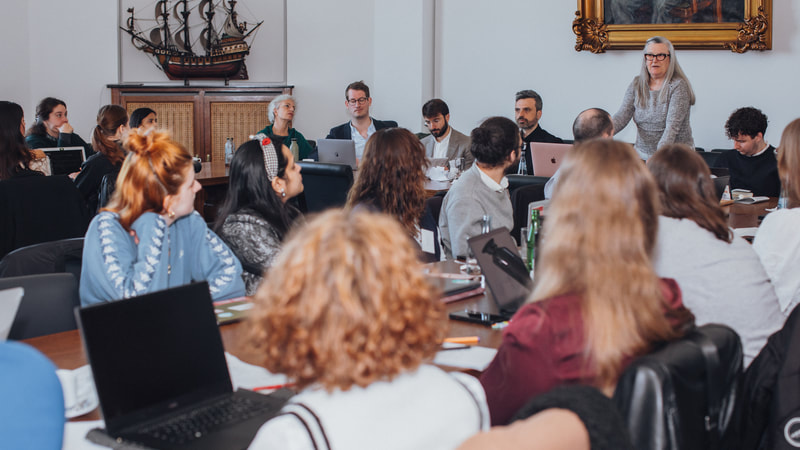The new blog of the Digital Constitutionalism Network brings together announcements, updates and short-form analyses written by members of the DCN. To start off this blog, we look back to the spring semester 2024 and to the teaching activities organized by the Network.
The following policy brief, developed by participants in the Erasmus+ Blended Intensive Program (BIP) “Digital Constitutionalism and the UN Global Digital Compact”, is the product of the Digital Constitutionalism Network’s successful Teaching Partnership that spans across several universities and enables students to engage both digitally and in person with pressing rights issues in the digital context. This brief is the first of a six-part series of policy briefs from the BIP hosted at the University of Bremen in the spring of 2024.
Authored by Mitchell Curtis, Marie Weißmann, Emma Brünjes, Zia Ullah, and Mohamed Ali Belhaj, the policy brief “Facial Recognition Technology: Developing a global standard for privacy, consent and individual protections” offers a proposal to the United Nations General Assembly on facial-recognition technology (FRT), encouraging the body to build upon the Global Digital Compact to mitigate several risks stemming from facial-recognition technology. The brief emphasizes privacy and data protection issues, as well as other rights of individuals to be free from interference by governments and corporations, and it looks to the General Data Protection Regulation and the African Charter on Human Rights as standardizing models to be applied globally to FRT. Ethical concerns are posed by the current applications of facial-recognition technology, which often involve the collection of biometric data without individual consent. FRT displays bias and discrimination with regard to marginalized groups, enables political oppression and manipulation through the prediction of political orientation and emotional states, and serves as a potential tool for stifling resistance in the context of protests. The authors seek to counter these risks through a universal standardization for individual consent to FRT usage, as well as greater individual control over the data, and they propose an oversight group affiliated with the International Court of Justice to review private appeals concerning national warrants that expand FRT.
You can find the six policy briefs here: https://www.globaldigitalcompact.org/outcomes.html
Photos: Matej Meza/Universität Bremen


